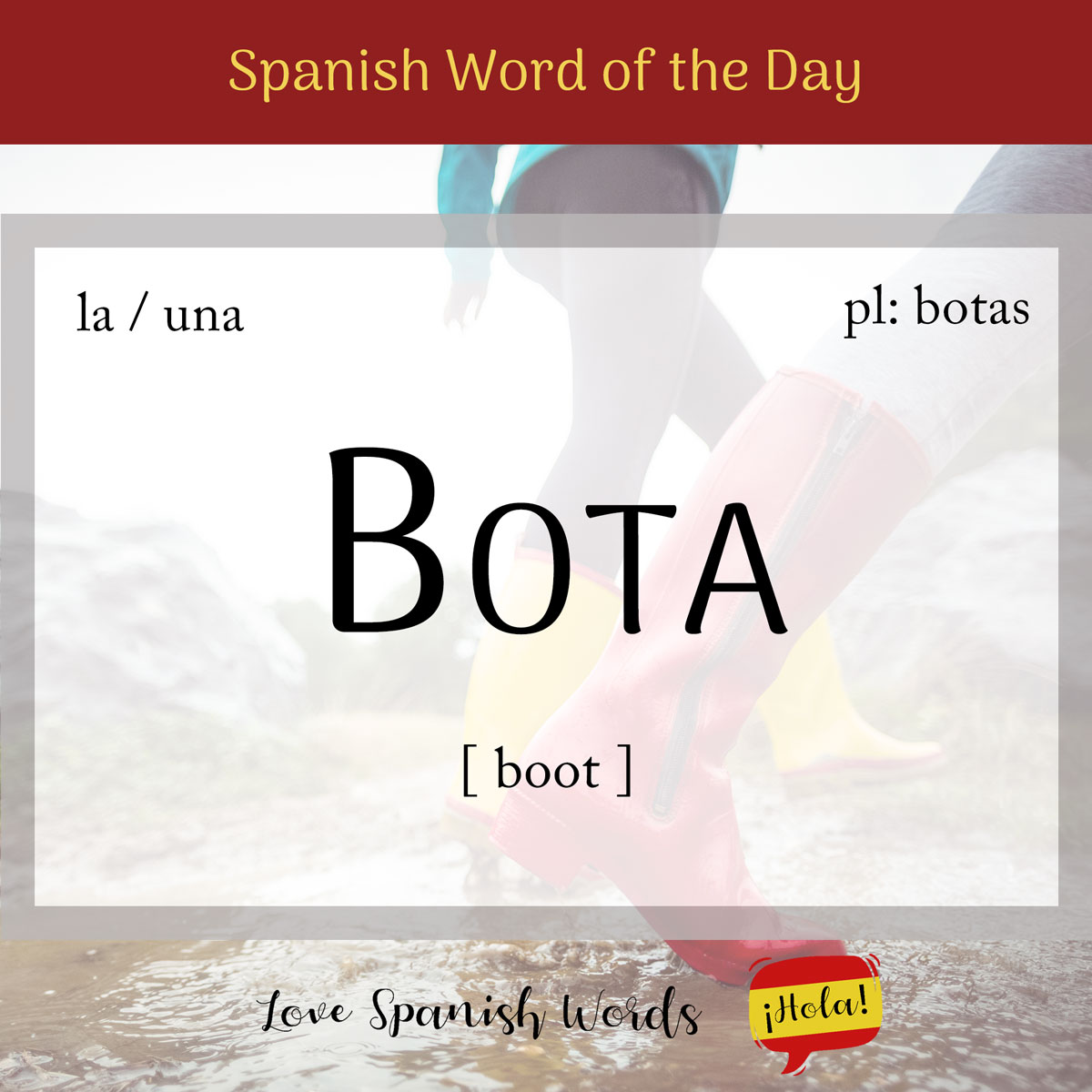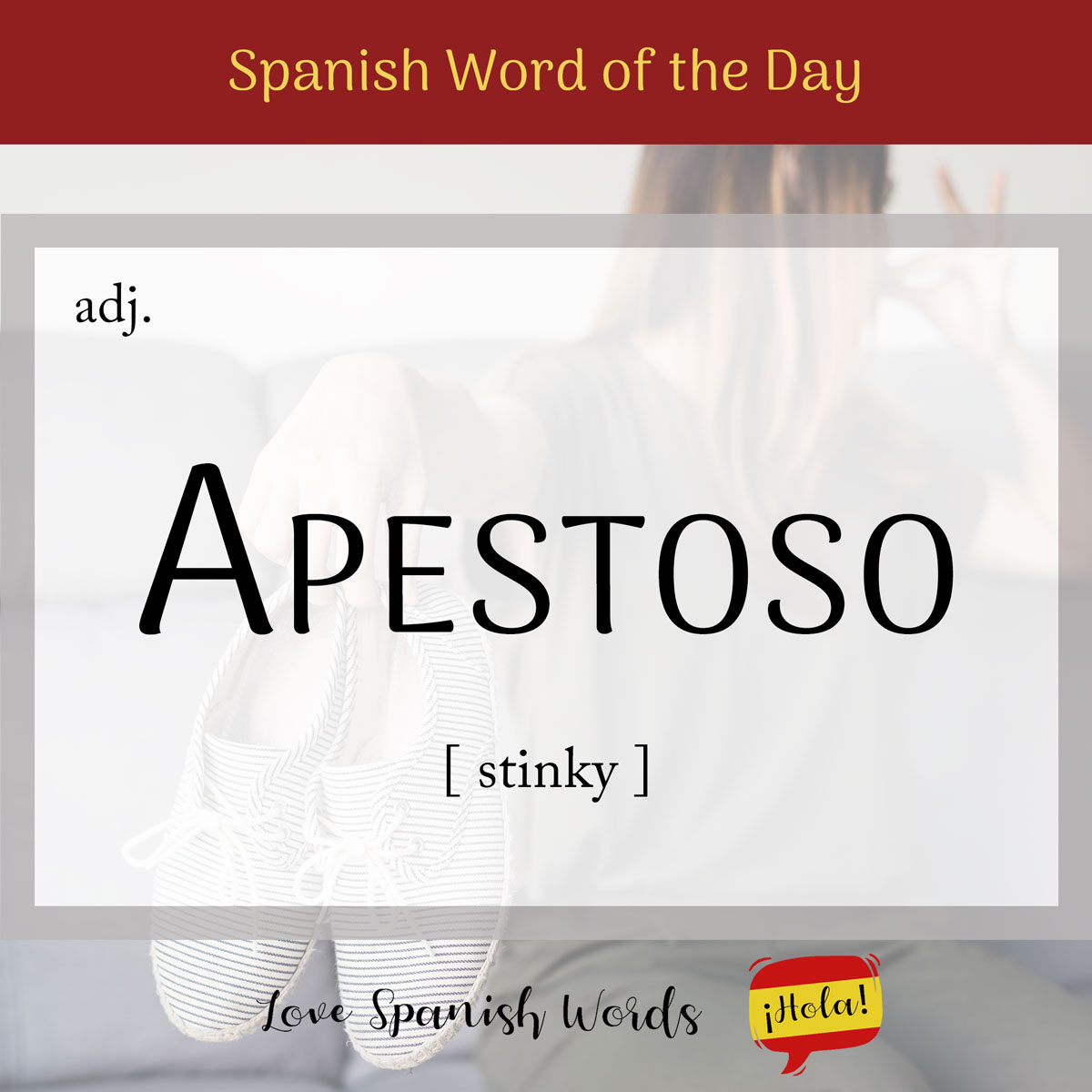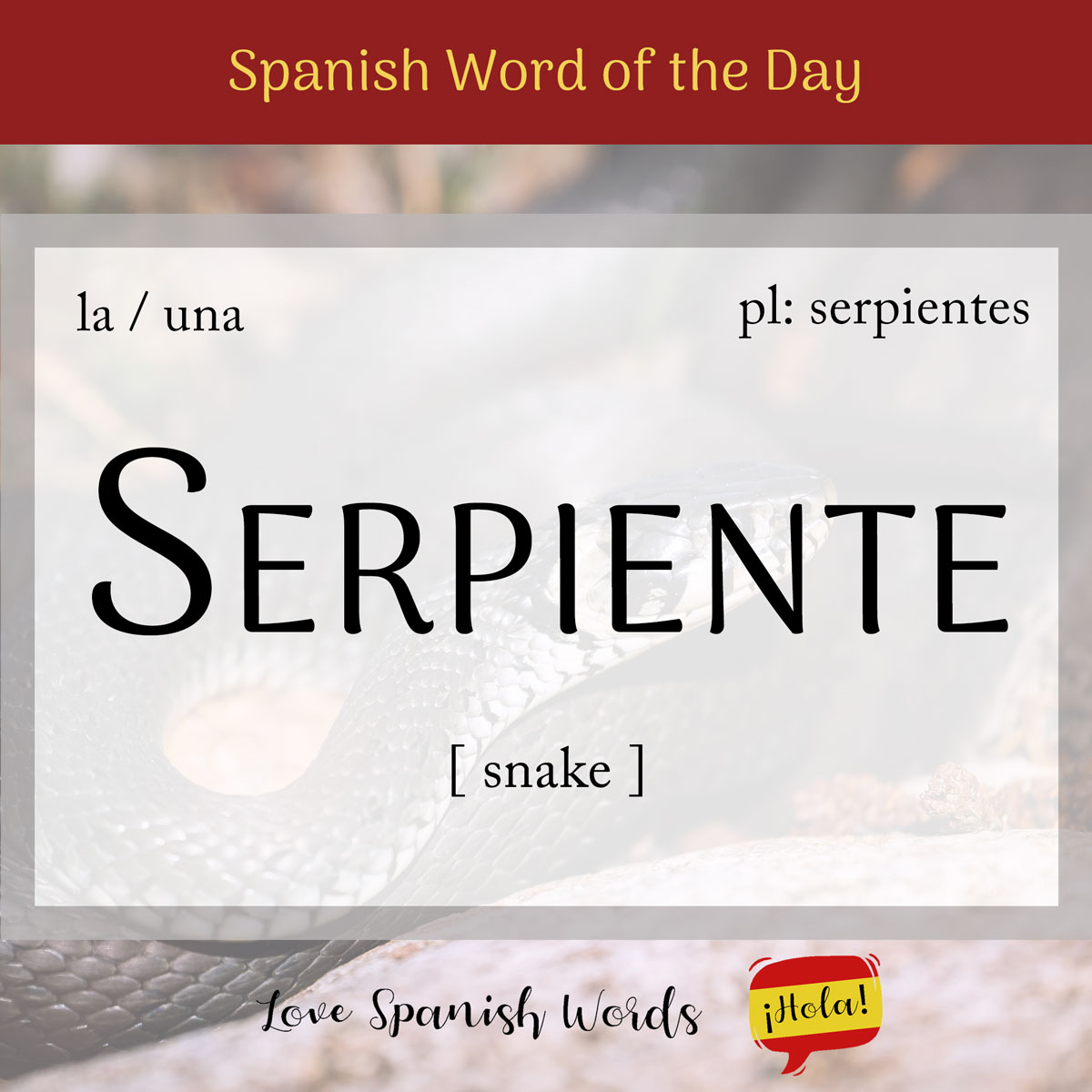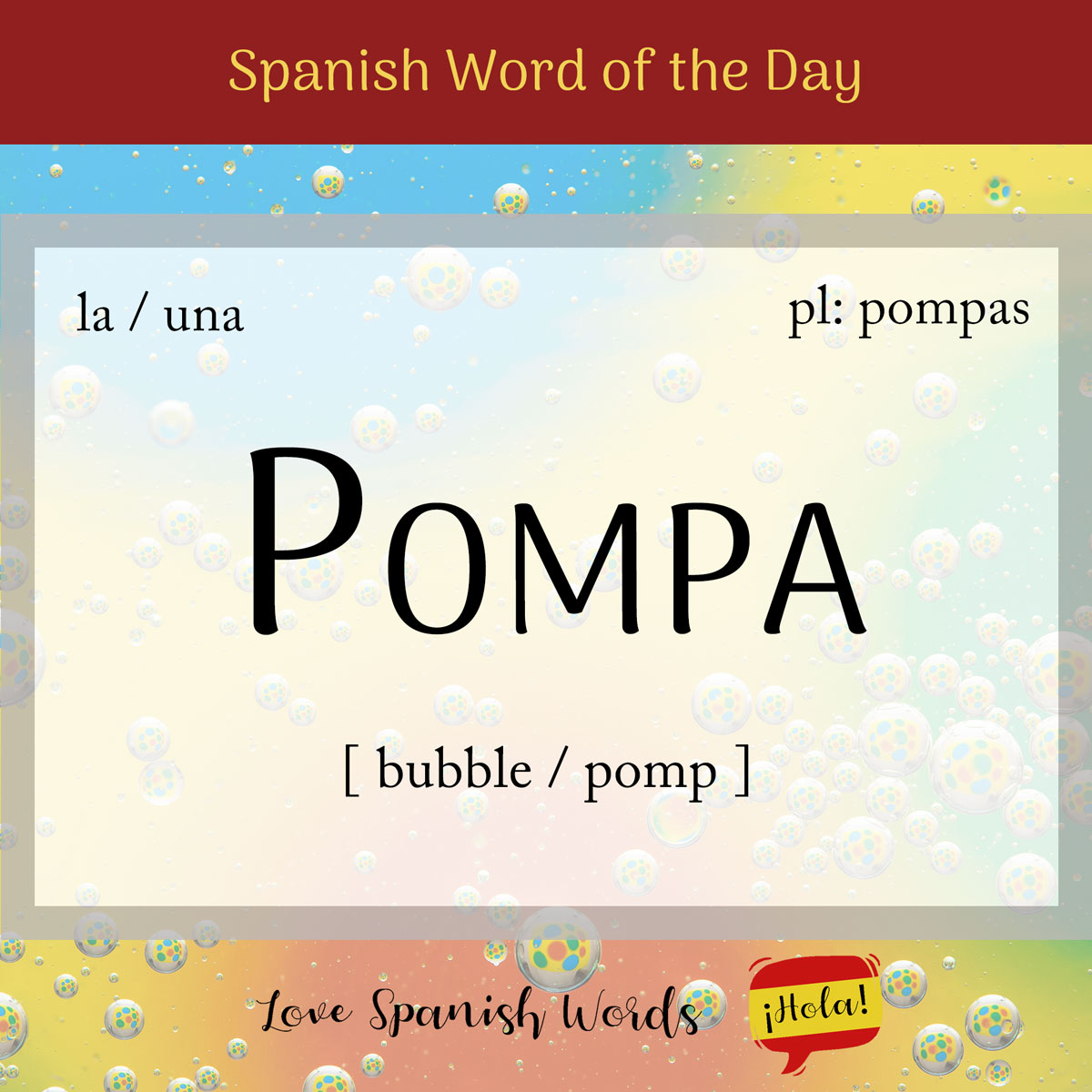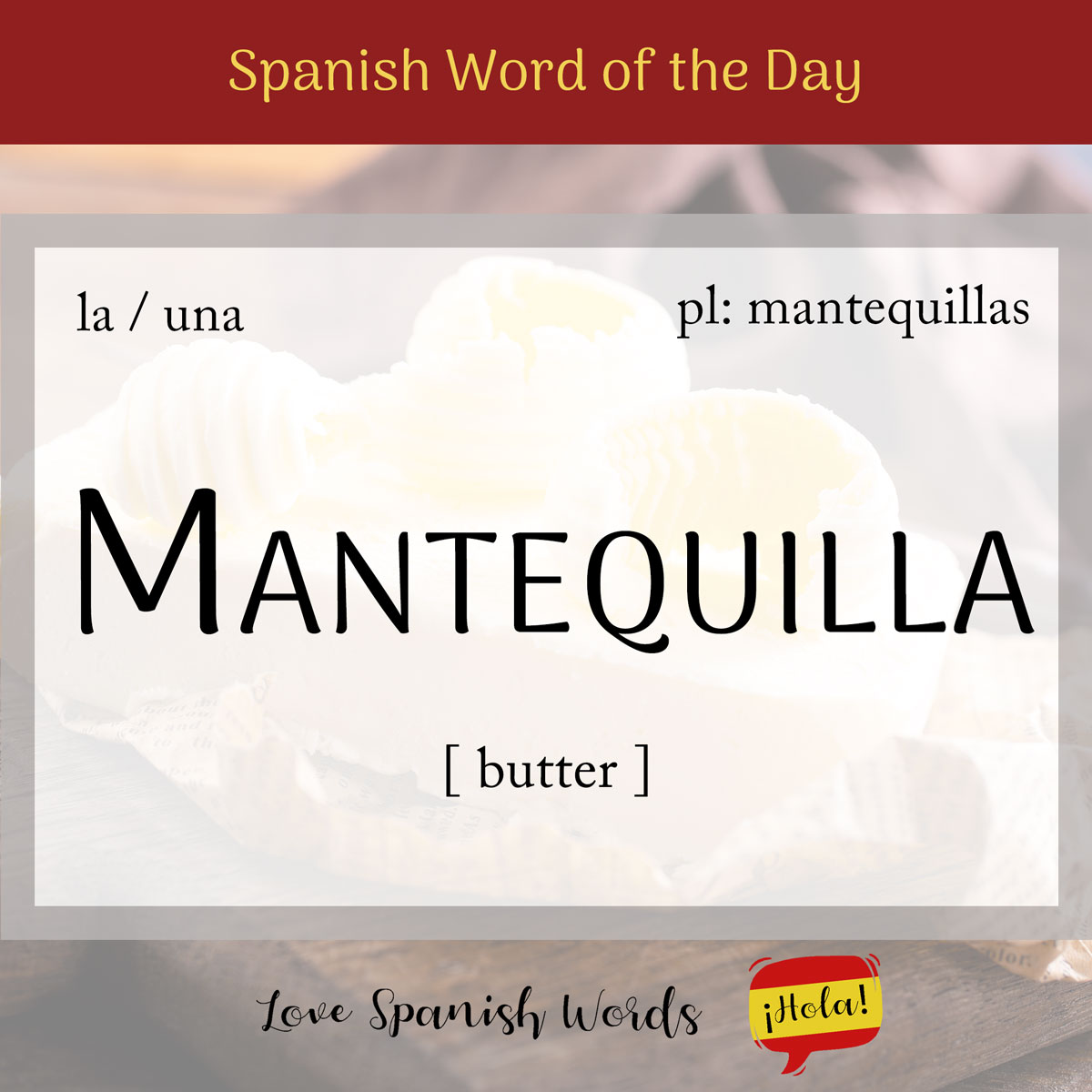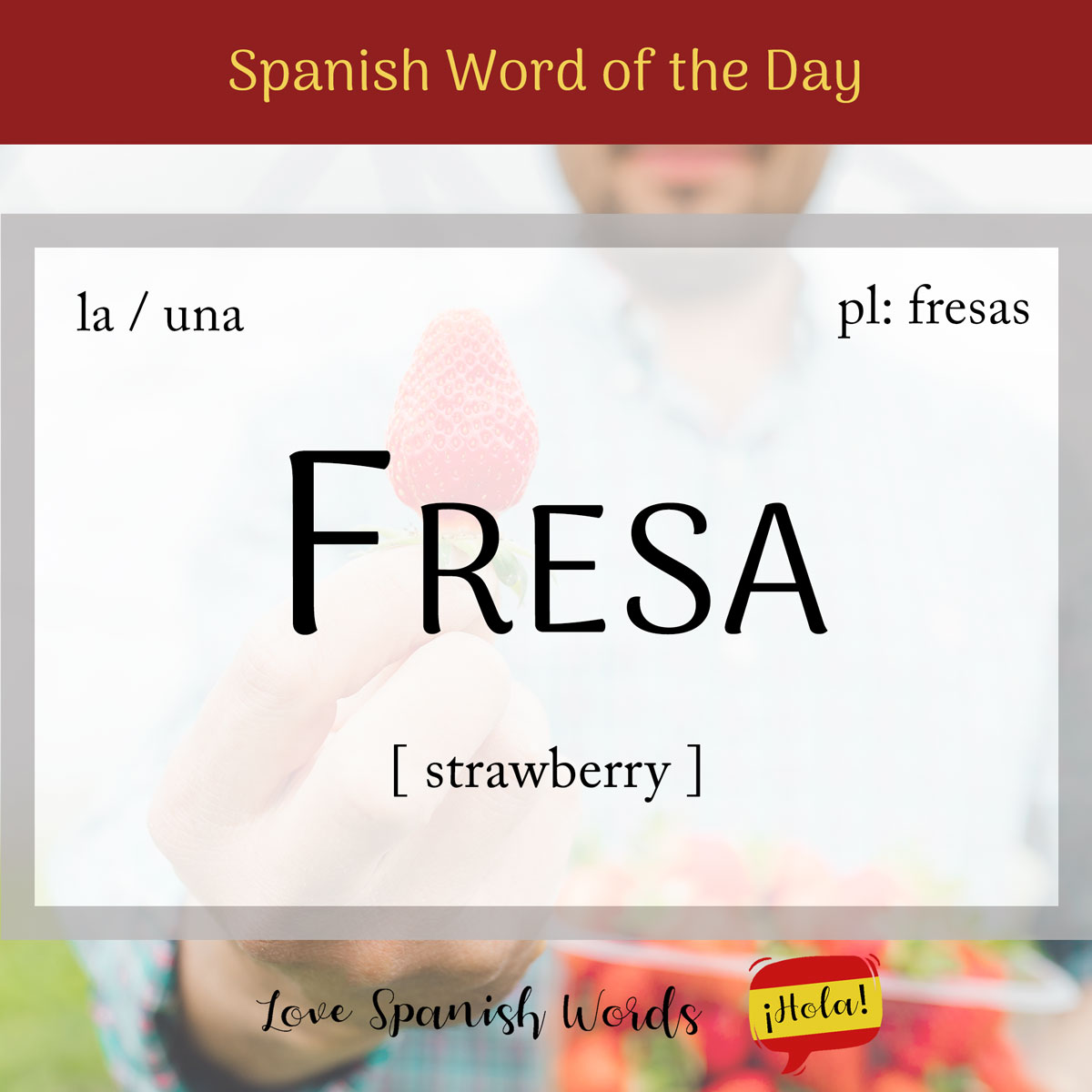Spanish Word of the Day: Bota (boot)
One of my son’s favourite things to do on a rainy day, like many kids his age, is jump in muddy puddles (charcos). Unfortunately, he’ll sometimes run into a large puddle even without his boots (botas) on! Latin American Pronunciation European Pronunciation Bota is a feminine noun that takes the following definite and indefinite articles: A bota can be …

